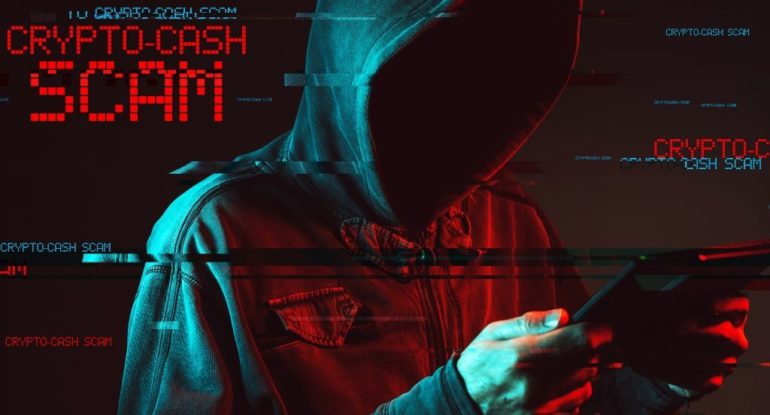Rising Scams in Cryptocurrency and DeFi Projects You Should Know

Ambiguous market laws, secrecy of identities, financial transactions, and a surging, rapidly increasing cryptocurrency market combine to make the cryptocurrency market a heady mix for both novice and seasoned investors. But it’s hard to overlook the fact that this field is rife with fraudsters and scammers attempting to take advantage of the uninitiated and unskilled crypto fans. And, given the wild west nature of cryptocurrencies and its novelty, with bitcoin swinging wildly between $8,900 and $64,863 this year, the rise of the cryptocurrency scamming sector is unsurprising.
Rising Scams
CipherTrace, a worldwide blockchain analytics business, calculated that the scammers made about $432 million between January and April of this year.
According to a recent report by the Federal Trade Commission (FTC), between October 2020 and March 2021, over 7,000 U.S. consumers reported losing more than $80 million on various cryptocurrency scams, with an average loss of $1,900 per transaction.
The abrupt, steep increase in both the amount and frequency of such transactions is difficult to ignore. When compared to the same period last year, scam reports have increased by as much as 12 percent. In comparison to last year, the amount lost has increased by roughly 1,000 percent.
This trend has not just been observed in the United States. In Australia, the number of crypto-related scams has been steadily increasing. In a recent report titled Targeting scams: report of the ACCC on scam activity 2020, the Australian Competition and Consumer Commission noted that bitcoin payment frauds were second only to the age-old method of bank transfers. Over the last year, investors have lost $26.5 million in 1,985 transactions.
It’s fascinating to observe the various methods scammers use to deceive folks. The ingenuity is truly fascinating, from imitating bitcoin leaders like Musk to enticing a new love into investing in a great crypto chance.
Some of them go even further, creating now-defunct coins or even a complete exchange in some situations. The most recent is the now-defunct “LUB Token,” which was built on Telegram. If its press releases and now-defunct website are to be believed, the currency offered a daily return of 10%.
BitKRX, a Korean fraud exchange, is a useful case study for individuals who desire a true shot at the authenticity of their hoax. When investors attempted to access their funds after the exchange was discovered in 2017, it vanished. It was discovered that 99 percent of the company’s transaction volume was fake.
Even sophisticated investors with a keen eye and comprehension of financial minutiae can become victims of such con artists. Stefan Qin, a former crypto hedge fund manager, pled guilty in February 2021 to scamming his $90 million Virgil Sigma Fund clients. His track record of profitability was unbeatable, with monthly returns of around 20% through arbitrage trading. In retrospect, they do point to the firm’s absence of audited records as a red flag that the fund is a fraud.
DeFi is renowned to provide a better yield on crypto-assets than other traditional methods. However, this leaves it particularly vulnerable to sudden disappearance and absconding after a project has been funded.
DeFi scammers made around $83.4 million between January and April 2021. In the grand scheme of things, DeFi hacks accounted for over 55% of all big bitcoin scams. That means DeFi is exclusively responsible for $240 million of a total theft of $432 million. In May 2021, the space market suffered a major outflow of funds, with as much as $377 million leaving the market.




























































